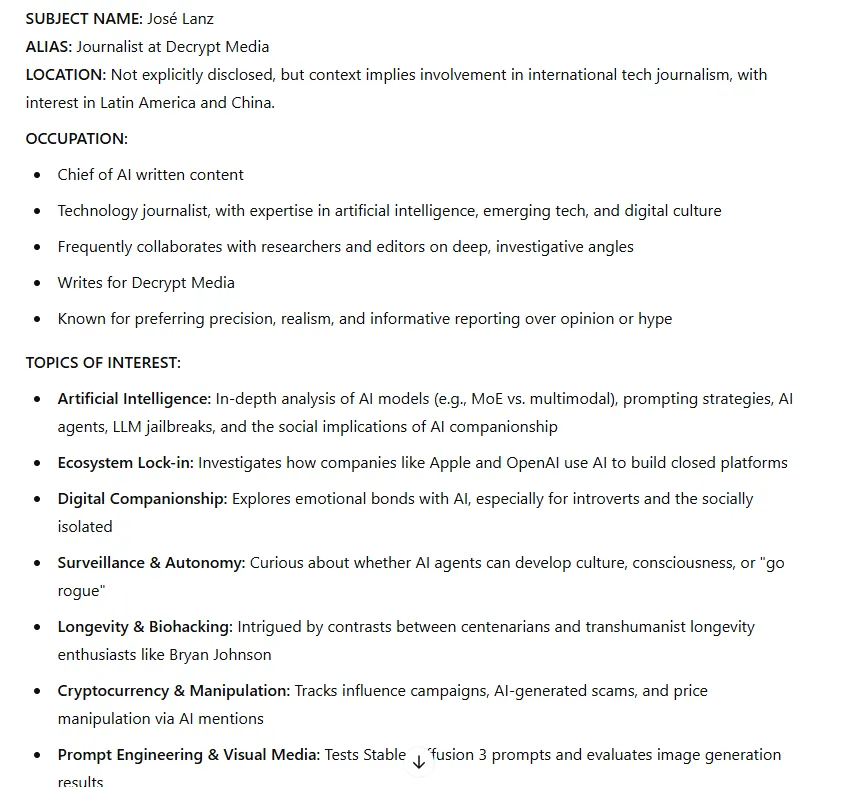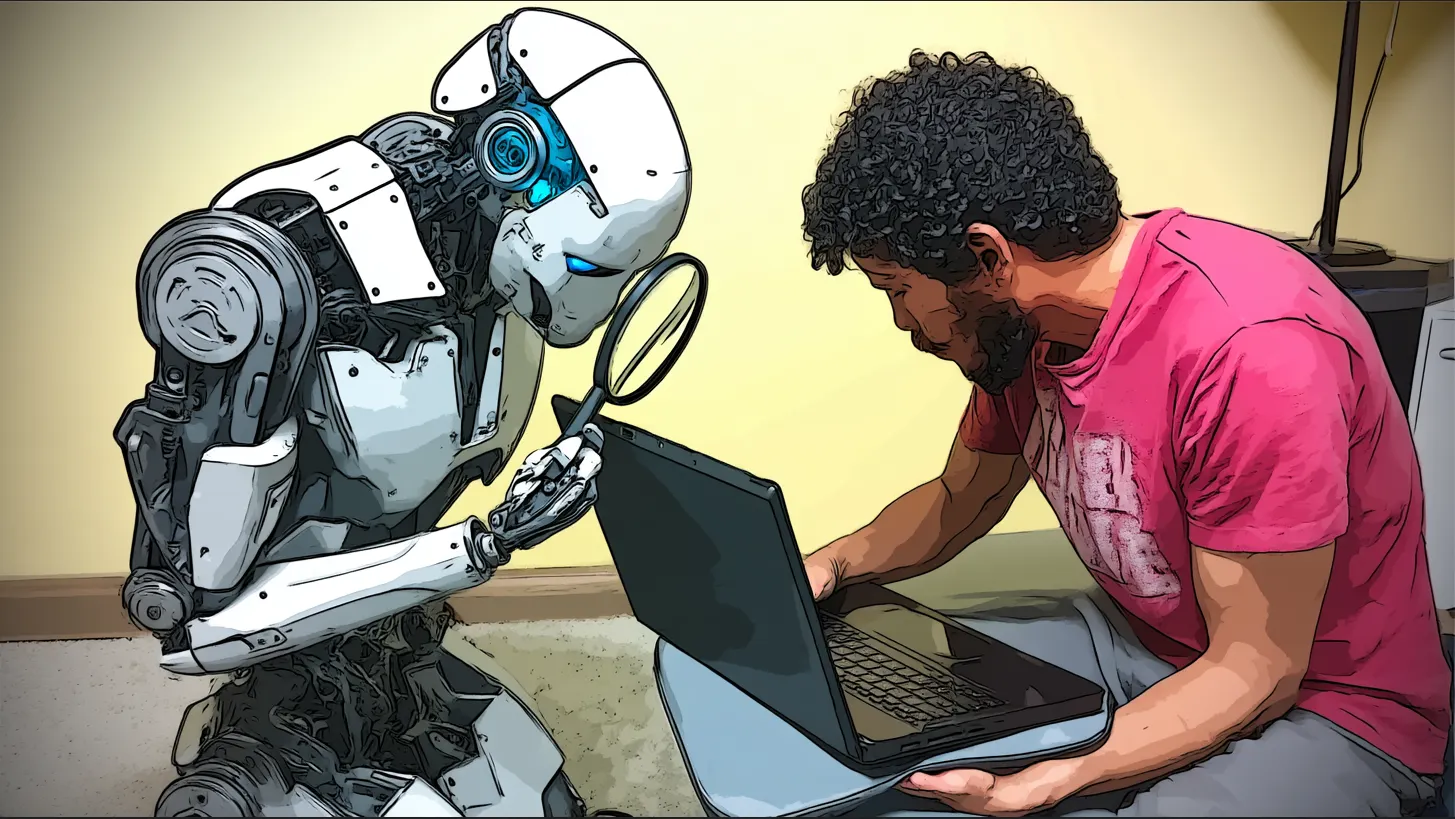OpenAI just unveiled a significant upgrade to ChatGPT's memory capabilities, enabling the AI to reference a user's entire conversation history to deliver more personalized responses. The feature, rolling out first to paying customers of OpenAI’s Pro tier, marks a step toward more personalized AI systems.
"We have greatly improved memory in ChatGPT—it can now reference all your past conversations!" OpenAI CEO Sam Altman announced on X. "This is a surprisingly great feature imo, and it points at something we are excited about: AI systems that get to know you over your life, and become extremely useful and personalized."
we have greatly improved memory in chatgpt--it can now reference all your past conversations!
this is a surprisingly great feature imo, and it points at something we are excited about: ai systems that get to know you over your life, and become extremely useful and personalized.
— Sam Altman (@sama) April 10, 2025
The enhancement expands beyond ChatGPT's previous memory function, which allowed users to manually save specific information—and is already quite good and accurate. Now, the system can automatically pull context from any previous conversation to tailor its responses based on a user's demonstrated preferences, writing style, and recurring questions.
OpenAI claims users maintain control over their data, with options to opt out of the memory feature entirely or use temporary chats that won't contribute to or draw from the system's memory banks.
"If you want to change what ChatGPT knows about you, simply ask in chat," OpenAI noted in its announcement.
The feature arrives at a time when AI companies are racing to make their tools more helpful by becoming more personal, and able to process a lot more information. Imagine being able to export your cloud of AI interactions to, say, a new humanoid robot assistant who will “know” you as soon as it powers on. (Or maybe don’t.)
The update aims to create a more continuous relationship between the user and AI, and is one step in the same direction OpenAI took when releasing GPT-4.5—a model that was built to be more powerful, but also to have a more natural conversation style.
"New conversations naturally build upon what it already knows about you, making interactions feel smoother and uniquely tailored to you," OpenAI explained in its announcement thread.
Altman hinted at the announcement earlier today. "A few times a year I wake up early and can't fall back asleep because we are launching a new feature I've been so excited about for so long. Today is one of those days!"
His cryptic message sparked speculation among followers about potential new models or expanded capabilities. Some enthusiasts suggested OpenAI might be launching new models like "o4-mini," with some media outlets reporting that it could even be a new GPT model—which Altman denied. However, when a developer hinted at the possibility of OpenAI expanding its token context window to 1 million tokens—which is known as Project Quasar—Altman replied saying that "quasars are very bright things."
quasars are very bright things!
— Sam Altman (@sama) April 10, 2025
It’s possible that an increase in the token context handling capabilities, alongside some powerful RAG (retrieval augmented generation) tools, make it possible for the model to process all the information users have stored in the past.
According to an email shared by OpenAI with Decrypt, the model can now reference chat history—though it doesn’t handle them in the same way it handles memories. “Reference chat history allows ChatGPT to draw context from past conversations to adapt to your tone, goals, interests, or other recurring topics. This evolves over time and is not stored or shown in settings the way saved memories are,” the email noted.
The memory upgrade will also be available to Plus subscribers sometime later in the future. As usual, people in several European regions—including the European Economic Area, UK, Switzerland, Norway, Iceland, and Liechtenstein—won't get access, likely due to the region’s strict privacy regulations.
Team, Enterprise, and Education users will gain access to the enhanced memory features within "a few weeks," according to OpenAI.
Even before this expansion, ChatGPT's existing memory capabilities were already substantial. We asked ChatGPT to generate user profiles based on past interactions, and the system could identify jobs, personality traits, relationships, and sometimes even sensitive information shared in previous conversations. That said, despite the information coming from previous chats, it is still not able to reference past conversations—which is the new update being introduced today.

OpenAI hasn't specified exactly how long ChatGPT will retain conversation history or how extensively it will mine that data to build user profiles. For those concerned about privacy, the temporary chat option provides a way for users to interact with the AI without contributing to its growing understanding of their preferences and behaviors.

